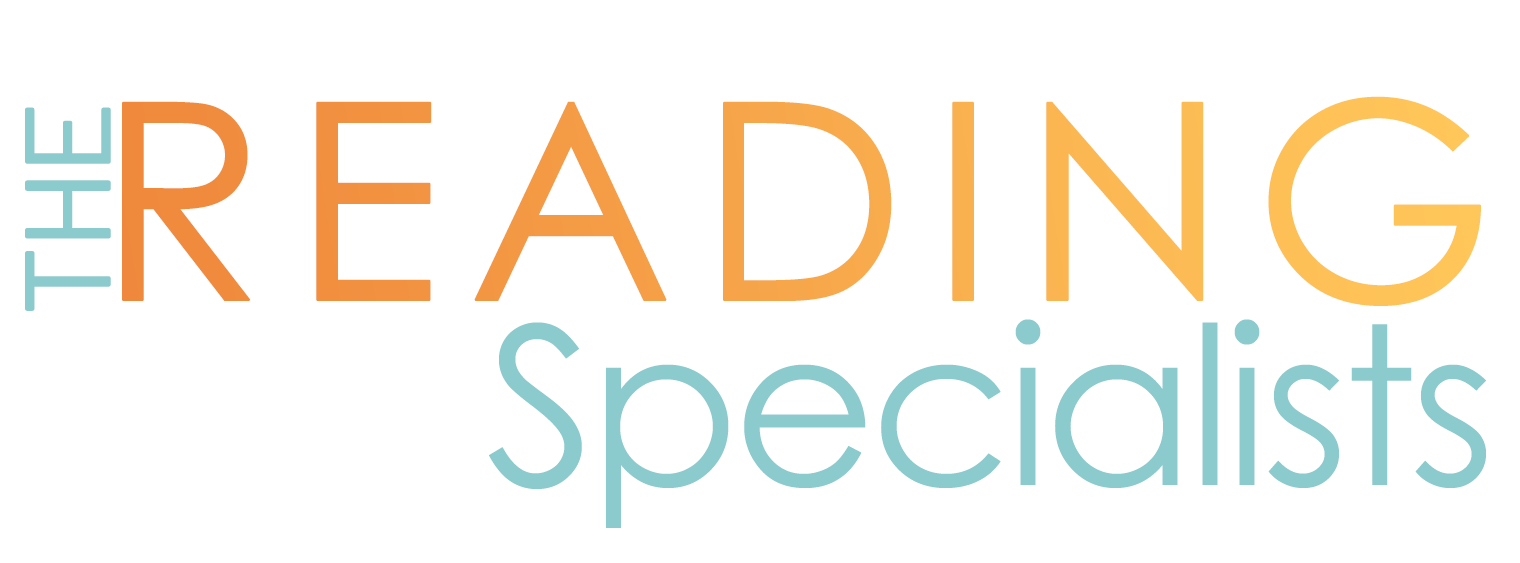Planting Seeds of Success: How First and Second Grade Reading Instruction Shapes Adult Outcomes
As an educator, I am passionate about highlighting the critical role that early reading instruction plays in shaping adult outcomes. Research has consistently shown that the quality of reading instruction during the first and second grades has a profound impact on long-term academic and personal success. So what does the research say about the significance of early reading instruction and its long-lasting effects on adult outcomes.

Building Strong Foundations
During the first and second grades, children are in a crucial stage of their reading development. This is the time when they acquire foundational skills, such as phonics, phonemic awareness, and vocabulary, which are essential for reading fluency and comprehension. High-quality reading instruction during this period focuses on systematic and explicit teaching of these foundational skills, providing students with a solid foundation for future reading success.

Long Term Academic Achievement:
Research studies have consistently demonstrated the long-term impact of effective first and second-grade reading instruction on academic achievement. A comprehensive study conducted by Johnson and colleagues (2022) followed students from early elementary school to adulthood and found a strong correlation between early reading proficiency and later academic performance. Students who received high-quality reading instruction during these formative years consistently outperformed their peers in subsequent grades and had higher rates of high school graduation, college enrolment, and overall academic success.

Enhanced Vocabulary and Comprehension Skills:
Early reading instruction in the first and second grades not only lays the groundwork for strong decoding and fluency skills but also significantly impacts vocabulary development and reading comprehension. Research by Davis and Smith (2021) revealed that children who received explicit instruction in vocabulary and comprehension strategies during these critical years showed greater growth in their vocabulary knowledge and comprehension abilities throughout their academic journey. These enhanced skills enable students to engage with complex texts, think critically, and excel in various subject areas.

Improved Social and Emotional Wellbeing
Beyond academic achievements, effective reading instruction in the early grades has a profound impact on a child’s social and emotional well-being. Studies have shown that children who develop strong reading skills during this period are more likely to experience increased self-confidence, positive self-esteem, and a sense of belonging within the school community. The ability to read proficiently opens doors to new knowledge, opportunities for self-expression, and fosters a lifelong love for learning.
The Research is Clear
First and second-grade reading instruction sets the stage for future academic and personal success. By providing high-quality reading instruction during these critical years, we can plant the seeds of success in our children’s lives, empowering them to become capable readers and confident kids. As parents, educators, and advocates, let us recognize the immense impact of early reading instruction and work together to create a strong foundation for our children’s future success.
Remember, the journey to adult outcomes begins with the nurturing of reading skills in the early grades. Let’s sow the seeds of success and give our kids a fighting chance of making their dreams a reality!






